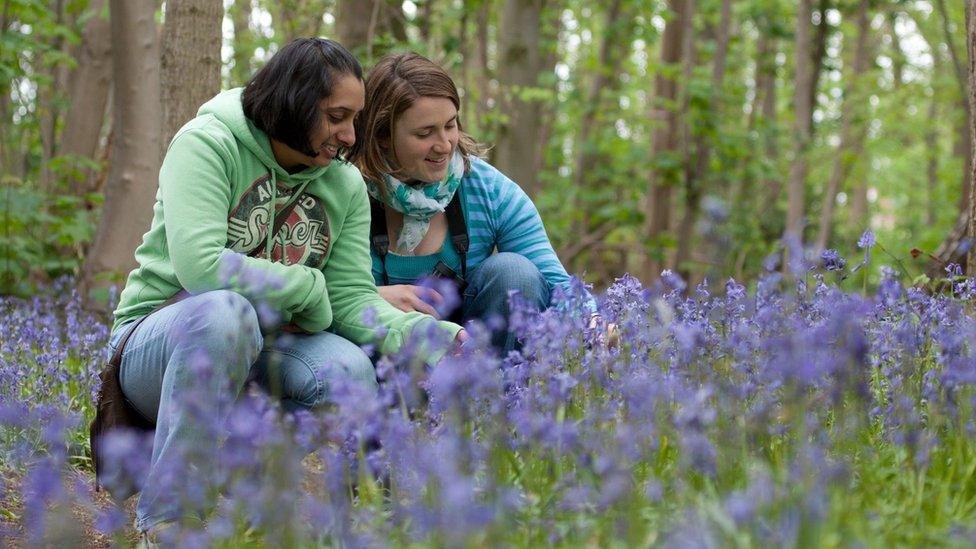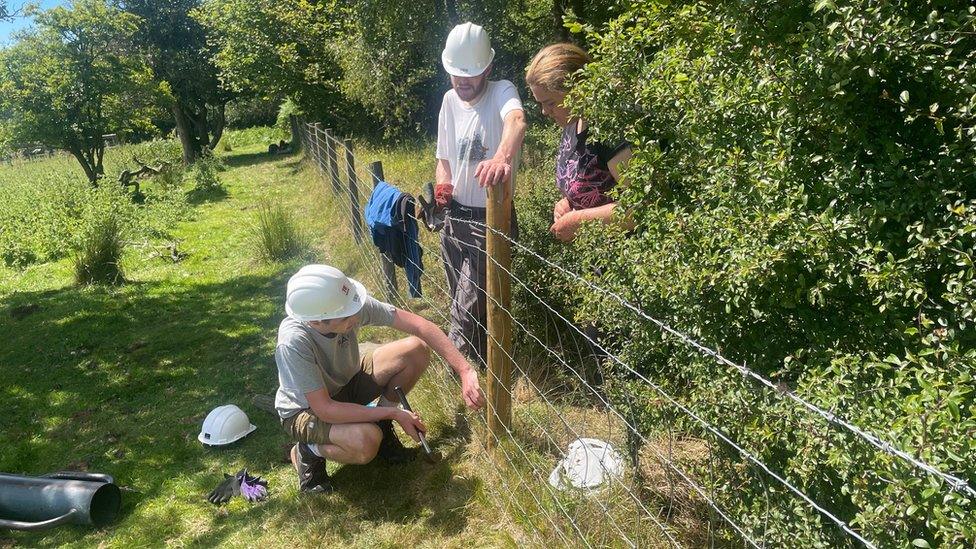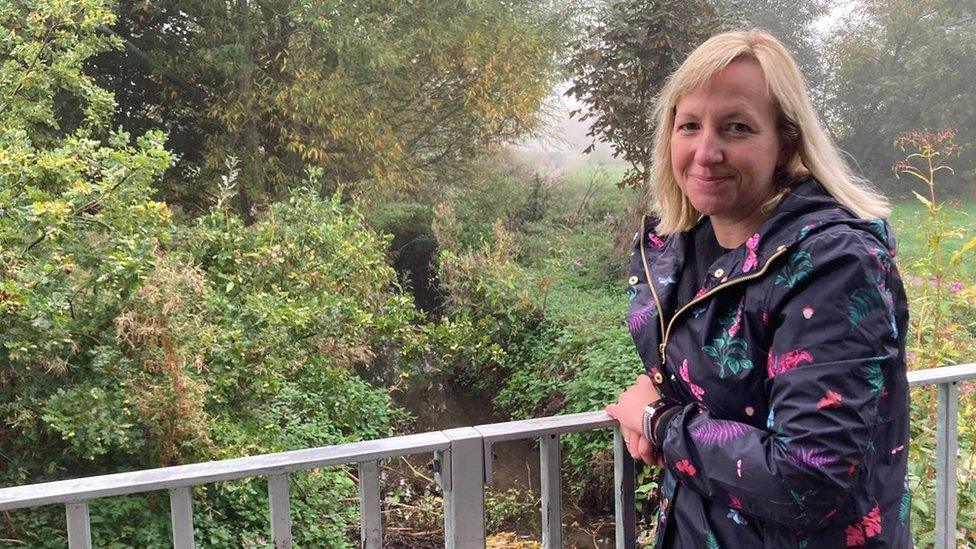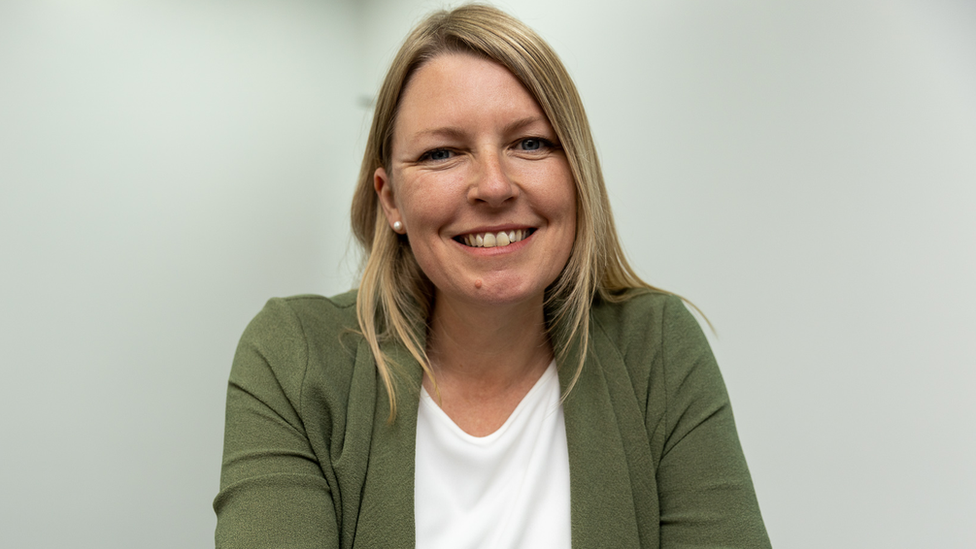Environmental fund to train hundreds of young people in West Midlands
- Published

The programme hopes to inspire the next generation of environmental leaders
A wildlife trust and charity have received £1.49m to train young people from diverse backgrounds to help them get environmental sector jobs.
UpRising and Shropshire Wildlife Trust received National Lottery funding to launch the free programme.
The aim is to engage people aged 18-25 from a range of socioeconomic and ethnic backgrounds with nature.
Amira Ismail, from UpRising, said there was currently a lack of diversity in the environmental profession.
She said the programme, which is open to people across the West Midlands region, would create young leaders "at the forefront of driving change in the future".
UpRising, based in Birmingham, is a UK-wide youth leadership development organisation, external and charity with an aim to "open up pathways for diverse talented young people who may lack opportunities".
The programme, called the Environmental Leadership Programme 2.0 (ELP), also aims to deepen young people's understanding of what drives environmental behaviour change, leading them to develop nature-focused campaigns in their local communities.

UpRising supports young people by equipping them with networks and skills
Research by Shropshire Wildlife Trust found 65% of young people aged 18-24 are extremely concerned about climate change, 78% would like to do more to tackle it and 18% currently campaign about it.
Helen Trotman, from the trust, said: "We know that nature benefits people's mental and physical health and a better connection with nature empowers people to do more for our environment."
Students will spend nine months taking part in the free programme and there will be 100 young people in each cohort. Applications are currently open for the course which begins in October.
In total, the ELP programme will run for four years.

Follow BBC West Midlands on Facebook, external, Twitter, external and Instagram, external. Send your story ideas to: newsonline.westmidlands@bbc.co.uk, external
Related topics
- Published30 September 2022

- Published15 December 2022
